Students who are interested in espionage warfare must know the “Operation Mincemeat” carried out by the Allied forces in World War II.
Since the European and American Allied forces conquered Tunisia in April 1943 and wiped out the 200,000-strong German and Italian Afrikaans army, Sicily has become the next attack target of the Allied forces, and it is “a fool to see it” with the British.
Even so, the British intelligence service still hoped that, through some kind of strategic deception, to trick the Nazi leader Hitler to transfer some of his troops away from Sicily to reduce the casualties of the Allied landings.
After some scrutiny, British intelligence finally came up with an unprecedented deception to divert the attention of the Germans.
Dropped the body of a “British officer” off the coast of Spain, with fake documents placed on him, to communicate to the Germans that the next Allied landing destination in the Mediterranean theater would be Greece or Sardinia rather than Sicily , the entire action plan codenamed “Mincemeat”.
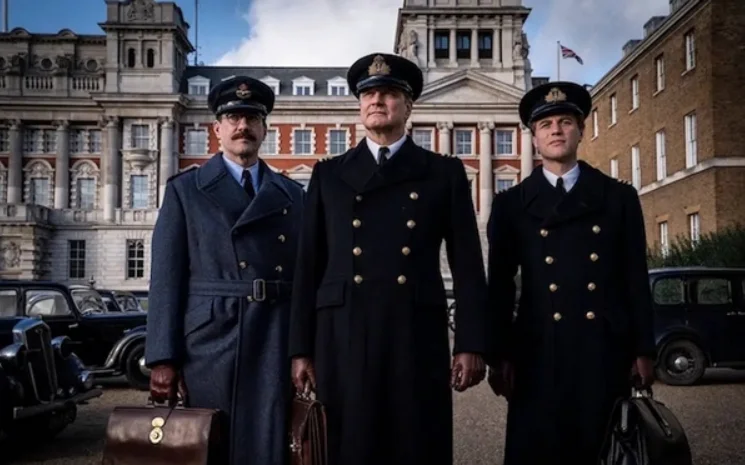
In fact, this is not the first time the British have used similar tricks.
As early as August 1942, in “Battle of Alam el Halfa”, the British Army deliberately placed on the body of a blown up reconnaissance vehicle a map marking the location of a minefield that did not actually exist. map, thereby forcing the Germans to run long distances around desert areas.
In order to make this “drowned” British officer really look like that, the British went to London to buy the body of a 34-year-old Welsh homeless man, who died after accidentally ingesting phosphorus-containing rat poison .
The hapless buddy was then named “Acting Major William Martin of the Royal Marines”.
In order to make the image of this character more three-dimensional, Jean Leslie, a female staff member of MI5, also specially contributed her photo to play Martin’s fiancee “Pam”.

More important than the identity of “Deputy Major Martin” is the briefcase that will appear in front of German intelligence along with his body.
Attached to the briefcase were letters of correspondence between several top Allied commanders in the Mediterranean theater of operations, which, intentionally or unintentionally, mentioned that the Allies would land in Greece, and also took the opportunity to tout Martin as an expert in amphibious warfare.
Also included in the bag were two love letters from Martin to Pam, an overdraft note from the bank, a reminder letter from Lloyds and a bill for an engagement ring.
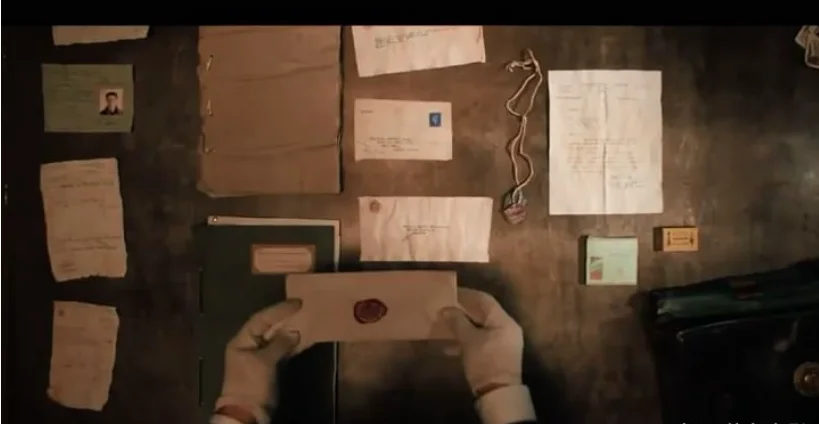
Colonel Ewen Montagu was the commander-in-chief of the strategic deception operation and was brought before British Prime Minister Winston Churchill on 15 April 1943 to report the details of the operation.
Churchill has also shown considerable interest in the plan, when Ewen said the action would not necessarily be successful.
Churchill replied humorously: “If that’s the case, we’re going to have to get the body back and let it water the next time.”
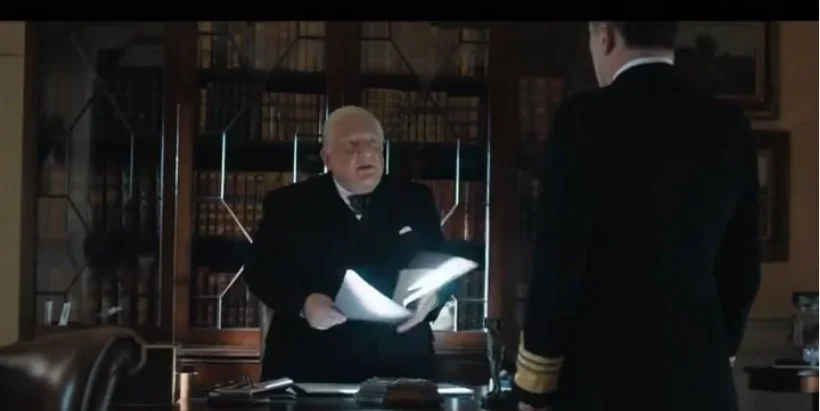
The Royal Navy’s S-class submarine HMS Seraph was commissioned to perform the most critical corpse-throwing mission of the operation.
On April 30, HMS Seraph secretly sneaked to a place one kilometer off the coast of Huelva, Spain. Captain Lieutenant Bill Jewell called all the sailors off the deck before secretly carrying “Martin” with the officers.
He was thrown into the sea after putting on a life jacket. The reason why he chose this place is because there is a Spanish double agent serving Germany living in the town.
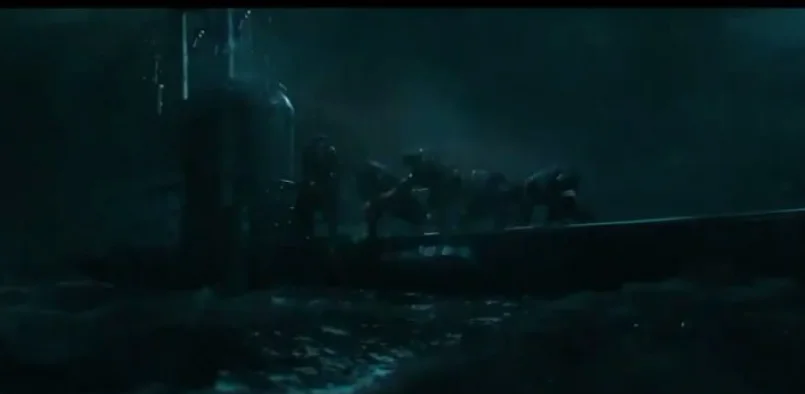
After Martin’s body was picked up by the Spaniards, it soon fell into the hands of Spanish authorities.
The British Embassy in Spain quickly brought the body to burial, and the British “The Times” also pretended to report Martin’s death.
The Allied North Africa Command even sent wreaths and postcards of condolences, and deliberately sent secret telegrams to instruct Martin to take back the classified documents that Martin carried at all costs.
This convinced the Spanish and Germans, who had obtained classified documents, of the intelligence’s value.
However, the fake is fake after all, and there are still many flaws in the made-up acting Major Martin.
For example, the autopsy results do not match the time of death, and it cannot be fully determined that the deceased died of drowning.
Fortunately, Haseldon, the British vice consul in Vilva, and the Spanish doctor in charge of the autopsy were old friends. He quietly intervened in a way of caring for his old friends, believing that these small details were caused by the corpse being exposed to the sun.
So the Spaniards ended up writing “drowning 8-10 days ago” on the death report.
To make matters worse, the German officer in charge of analyzing this information happened to be Baron Alexis von Roenne, whom Hitler trusted so much.
Although he realized that such urgent and important information as the landings in Greece and Sardinia should not be mentioned in the correspondence that Martin carried with him, the Baron was a latent anti-Hitler (the Baron was executed in the 720 events), and in his It seems that Hitler’s defeat was the greatest victory.
So when the baron realized that there was a problem with the intelligence, he still chose to pass the false information to Hitler.
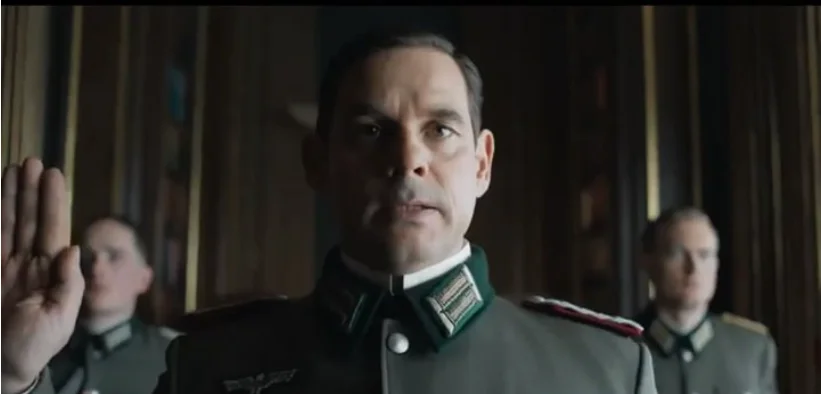
As a result, the Germans, who placed too much faith in this intelligence, transferred three panzer divisions to Greece (one from France and two from the Eastern Front. Many historians believe that the transfer of these two panzer divisions influenced the Started the Kursk War), the famous German star general Marshal Rommel also moved his base to Greece to wait and see.
Even after the Allied landings in Sicily began on July 9, the Germans believed that this was just a feint and that the real destination of the Allied forces was Greece.
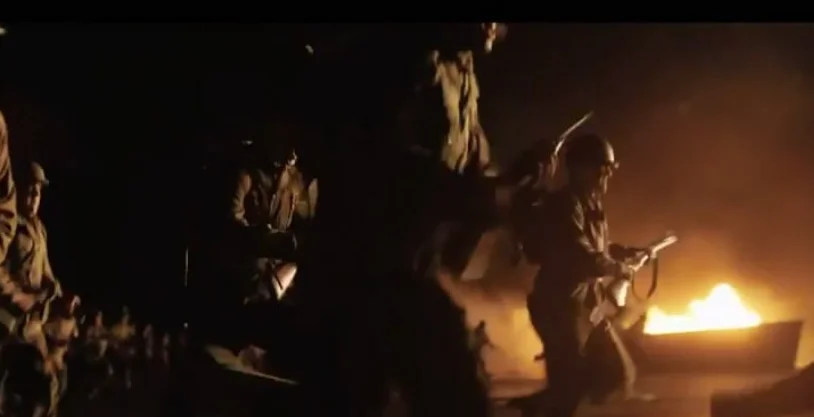
As we all know the final result, because only two German divisions were deployed in Sicily, the Allies finally annihilated more than 200,000 German-Italian troops at a very small cost.
After this loss, the Germans have since suffered from corpse PTSD.
During Operation Market Garden in September 1944, even though the Germans captured the entire Allied offensive plan in a crashed glider, they still stubbornly believed it was another Operation Mincemeat-style deception, so they made The deployment of troops is diametrically opposite to the actual situation.
After the end of World War II, the British couldn’t wait to bring this classic case of espionage to the screen in 1956. The film is called “The Man Who Never Was”, adapted from the book of the same name written by Lieutenant Cmdr.
While trying to reveal the historical truth, the film also added some dramatic plots, such as the fictional scene where German spy O’Reilly ran to London to verify the true identity of “Pam” (named “Lucy” in the film). .
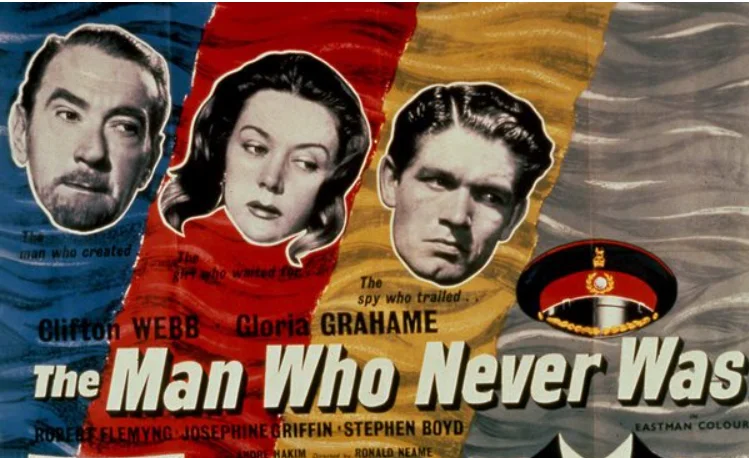
66 years later, the British have brought this story to the screen again, this time directly after the film’s title.
This is the second time that director John Madden has directed a war movie since he directed the war movie Captain Corelli’s Mandolin 21 years ago.
“Operation Mincemeat” started as early as December 2019, but the specific release date is January 5, 2022.
Judging from the trailers that have been released, the film will be a serious drama that strictly follows historical details and does not add more original plots.
The film even featured the rare Allied landing in Sicily, which was filmed at Thornton Beach in North Devon, England in February 2020.
Related Post: “Operation Mincemeat” Rotten Tomatoes is 94% fresh.

